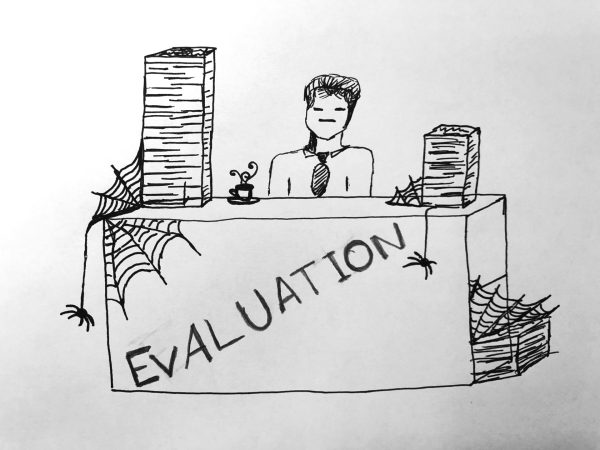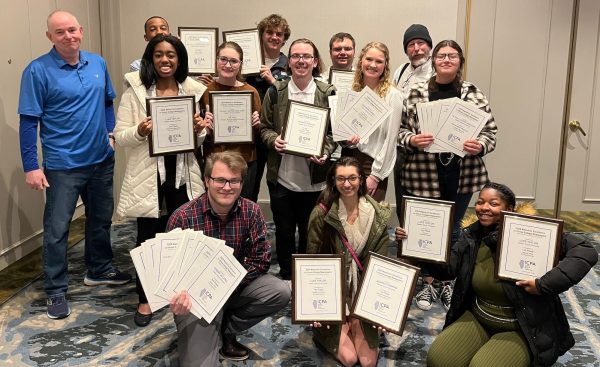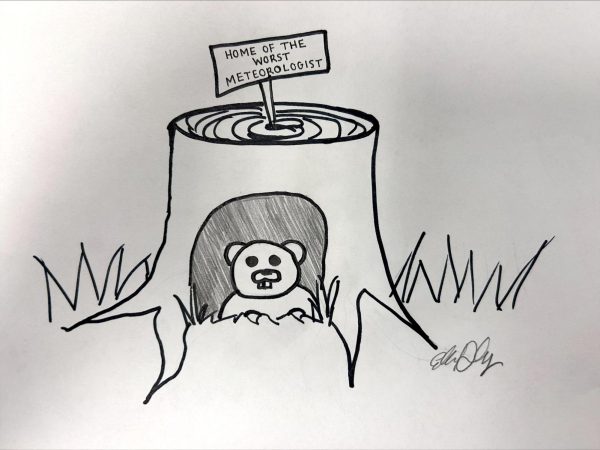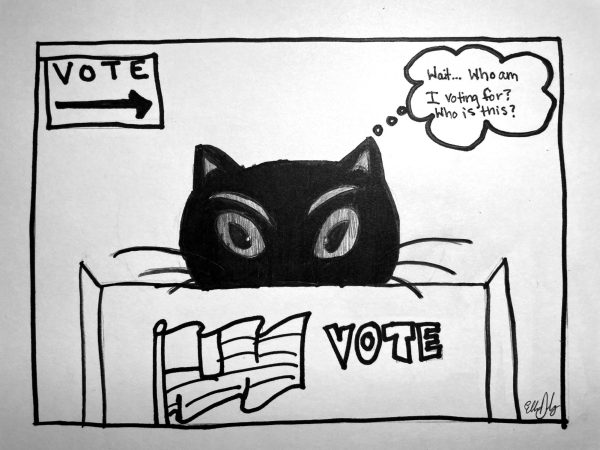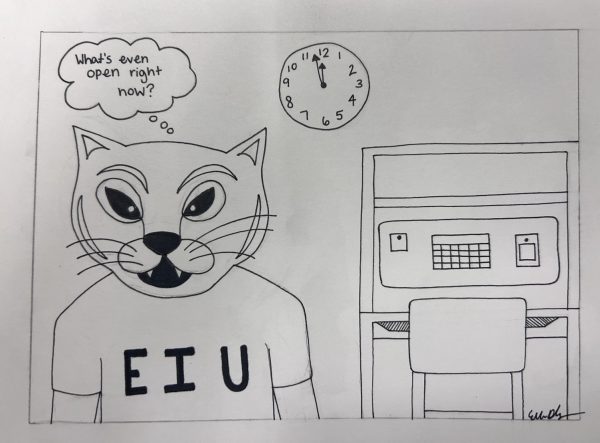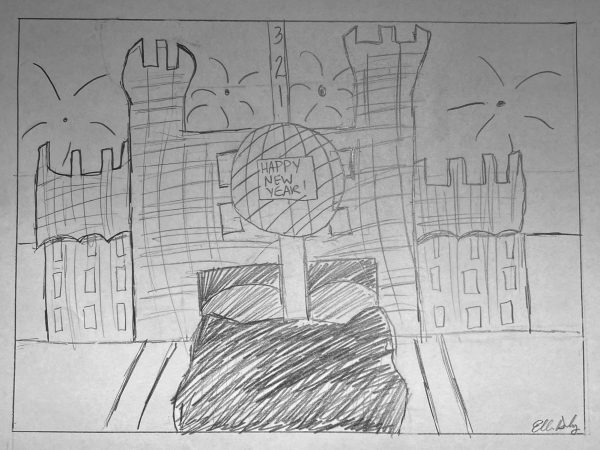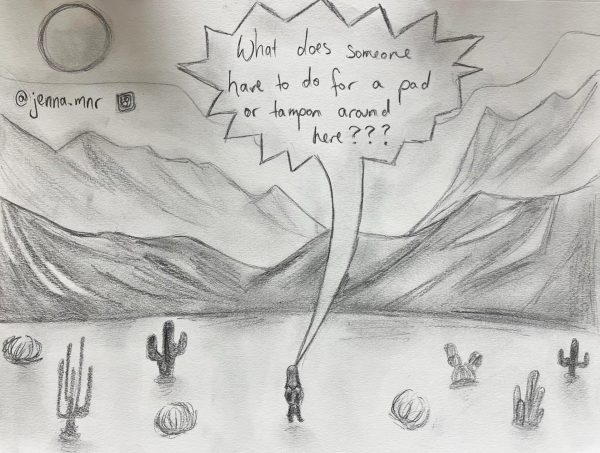Editorial: Pursue banned books; read and learn
September 23, 2019
Banning books is something we at The Daily Eastern News are not in favor of. But the issue can’t help but illuminate an incredibly important fact: Books are powerful.
From challenging racism with hard facts in “To Kill a Mockingbird” to illustrating the wildest aspects of children’s imaginations in the “Captain Underpants” series, books communicate new ideas to people.
These two incredibly different books have something in common: They’ve found their way on banned books lists (for different reasons, mind you).
It doesn’t matter who the intended audience is; people are going to attempt to silence voices that do not align with their own. Sometimes that means banning books from libraries and schools.
Sometimes banning a book from a library makes sense, under the right circumstances.
For example, out of 275 challenges recorded by the Office of Intellectual Freedom, “Fifty Shades of Grey” was ranked No. 2 for the American Library Association’s 2015 top 10 most challenged books list.
The book was challenged for these reasons: “sexually explicit, unsuited to age group, and other (‘poorly written,’ ‘concerns that a group of teenagers will want to try it’),” according to the ALA.
Now if someone contended that “Fifty Shades of Grey” ought to remain in, say, a high school library, The News’ Editorial Board feels that would be inappropriate because of its sexually explicit nature, which many consider straight-up pornography.
But banning a book requires one to consider the circumstances. “Fifty Shades of Grey” in a high school library just doesn’t sound right.
Something like Sherman Alexie’s “The Absolutely True Diary of a Part-Time Indian,” a young-adult-style book that examines the difficulty of bridging two completely different cultures as a marginalized teenager, is a story that probably shouldn’t belong on ALA’s 2018 top 10 list for the reasons it mentions.
Alexie’s novel is on the list for “sexual references, profanity, violence, gambling, and underage drinking, and for its religious viewpoint,” according to the ALA, but these themes are important to accurately conveying the main messages of the book.
People aren’t saving the “poor children” by banning this book; they’re euthanizing an opportunity for young adults’ enlightenment.
Banning books from libraries and schools is a way to silence different perspectives. If it isn’t done carefully, it’s doing a disservice to a group of people that already doesn’t have its own voice to speak out for itself.
In honor of Banned Books Week, try reading one or more of these books.
Poking fun at the ridiculously strict parents and administrators for their attempts to ban certain books for their often-arbitrary justifications is a blast.
But understanding the material these people want silenced is a good thing. Not only can it give you factual ammunition to shoot down their attempts; it also opens up a new perspective for yourself to explore.
Read for yourself to discover how you really feel about these books.
Who knows? You may just find something that changes your life.





































